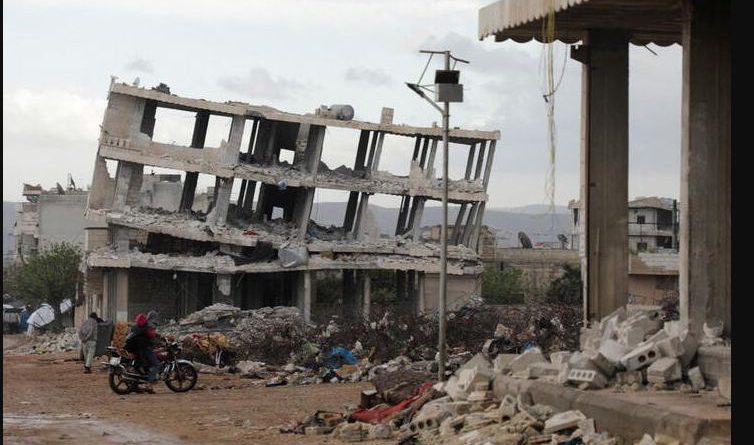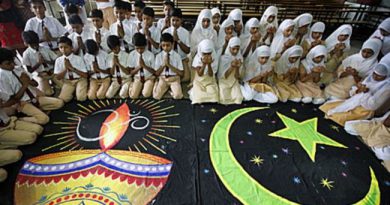Donors pledge $6 billion for Syria at EU-hosted conference
Brussels (Reuters) – International donors pledged 5.6 billion euros ($6.13 billion) at an EU-hosted conference in Brussels on Thursday to help Syria where an earthquake in February compounded the plight of a poverty-stricken population caught up in conflict since 2011.
The pledges include 4.6 billion euros for 2023 and one billion for 2024 and beyond to support people inside Syria and neighbouring countries hosting Syrian refugees.
The European Union pledged 3.8 billion euros in grants, of which 2.1 billion would come from the European Commission and 1.7 billion from EU governments.
“As the biggest donor for the Syrian people, the EU needs to – and we want to – make sure that their situation remains high on the international agenda,” the EU’s High Representative for Foreign Affairs, Josep Borrell, said.
“The Conference is not only the biggest annual pledging event for Syria, it is also a platform to reiterate the commitment of the international community to an overall and comprehensive political solution to the conflict that is in its 13th year.”
Three U.N. agencies have said Syria’s needs are enormous and warned that only a tenth of necessary financing has so far been secured for 2023.
The U.N. chiefs said they hoped for a similar level of pledges to the $6.7 billion offered for Syria and its neighbours at a similar conference last year.
According to U.N. refugee agency UNHCR, more than 14 million Syrians have fled their homes since 2011, and about 6.8 million remain displaced in their own country, where almost the entire population lives below the poverty line.
About 5.5 million Syrian refugees live in Turkey, Lebanon, Jordan, Iraq and Egypt.
“We cannot afford to lose yet another generation. Syria should no longer be a place from which people are running away”, Dan Stoenescu, EU head of mission to Syria, said.
What started as peaceful protests against President Bashar al Assad’s rule in Syria in 2011 spiralled into a multi-sided conflict sucking in Russia, Iran, Turkey and other countries. The war has killed more than 350,000 people.
Russia eventually tipped the balance in favour of Assad who last month received a warm welcome at a summit of Arab states that ended years of his isolation by regional peers.



